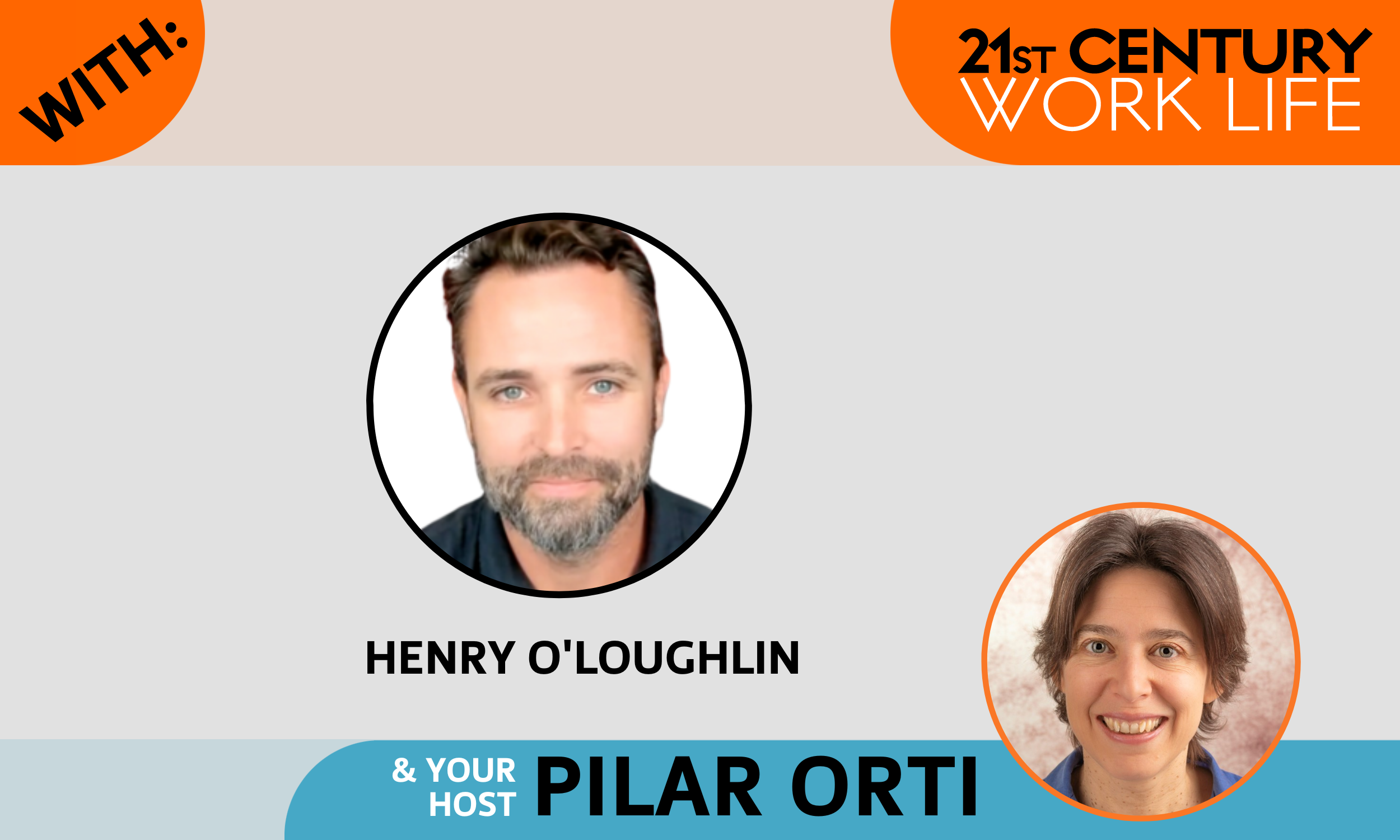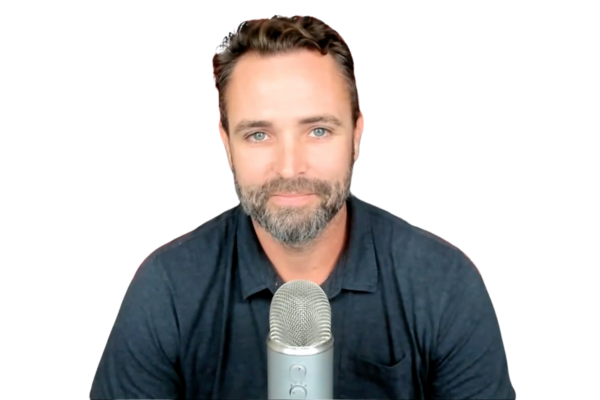WLP360 Remote and Beyond: A New Landscape for the World of Work
In this episode, Pilar talks to Henry O'Loughlin, founder of Buildremote. As he shares his journey from running a fully remote marketing agency to creating Buildremote, Henry discusses the pitfalls many companies faced during the pandemic and how his experience led him to develop a "remote operating system" playbook.
Join us for a thought experiment looking into the future of work, exploring concepts like the four-day workweek, the growing trend of freelancing and the creator economy, ending in a not-too-distant future where traditional employment structures become networks of one-person businesses collaborating globally.
When the COVID-19 pandemic struck in 2020, Henry O’Loughlin observed a surge of inadequate advice on remote work from companies that had only recently transitioned from office-based operations. Recognising the need for better guidance, Henry started blogging about his extensive experience in managing remote teams. This content, based on both mistakes and successes they’d worked out themselves, turned into a business, Buildremote, where he now consults with smaller companies, helping them implement what he terms the "remote operating system."
"I just saw a tonne of really poor advice about how to run a remote company from, like, big blogs, big companies that had always been primarily in the office, and they switched to remote, and within four months, they were giving advice about how to manage remotely. And the general trend you saw was like, there were more Zoom meetings, right? People were on slack more frequently. Managers were trying to figure out, what are my people doing? Cheque in with everybody? More, more, more. And I was just thinking, those are all the mistakes we made, like, eight years ago."
Henry’'s Remote Operating System is a comprehensive playbook that covers all aspects of remote operations, from onboarding and management to the tools and metrics necessary for success. Available as a downloadable resource on his website, it allows companies to either implement the system independently or seek Henry's consultancy services for a more hands-on approach.
05.05 MINS
Henry sees the four-day week as a natural progression for remote-first companies: questioning the traditional five-day work week is akin to questioning the necessity of the office itself. Both are rooted in outdated practices that no longer serve the modern workforce.
“A lot of the standard practises of work that were established 100 years ago or over the last hundred years or even more within the last few decades, I think they're all one by one, going to fall."
O'Laughlin believes that as companies become more comfortable with remote work, they will also start to question other long-standing norms, such as fixed schedules and hierarchical management structures. He envisions a future where work is measured by output rather than hours, and where individuals have the flexibility to work when and how they prefer.
08.05 MINS
Here’s where the conversation turned into a thought experiment: having opened our minds to new ways of working, will traditional structures give way to more fluid, self-organised way of working, both within and outside of organisations?
The rise of freelancing, the gig economy, and the creator economy are indicators of this shift. Platforms like Upwork are already enabling businesses to tap into a global pool of specialised talent, breaking down the traditional 40-hour work week into more flexible, project-based engagements. And as many people have experienced remote work, it’s no longer “weird” to work with people remotely.
"The move to freelancers or contractors, it's the first step that breaks up those 40 hours, which is attributed to one person's skillset. You could break that block of time or that budget into 100 different people's skill sets with something like Upwork."
14.05 MINS
Henry suggests that as technology continues to evolve, we might see a world where middle management becomes obsolete, and individuals operate as one-person businesses, collaborating with others on a project-by-project basis. This shift could lead to a more dynamic and efficient way of working, where everyone is both a business owner and a collaborator.
"In my mind, the Internet's been around, but now we're finally using it to its full ability for work. And the way I see it is like the office goes away, then the set schedules go away, then the middle managers go away, who watch the people in the office on the time, and then potentially the employee goes away."
26.58 MINS
Both Henry and Pilar understand that adopting new ways of working, whether it’s accepting that part-time schedules are not inferior to full-time ones, or that remote work can be as effective as that which happens in an office, takes time - and that is something that many people don’t have.
"We've worked in the office for something like 100 years, so we're good at the office and then we've worked remotely (for most people) for three. Yeah, so we're bad at remote. And so everyone says remote is bad. And actually the case is you're bad at remote - and they conflate the two."
Connect with Henry on LinkedIn linkedin.com/in/henry-olaughlin/
Check out the Remote Operating System at Buildremote buildremote.co
If you like the podcast, you'll love our monthly round-up of inspirational content and ideas:
(AND right now you’ll get our brilliant new guide to leading through visible teamwork when you subscribe!)


